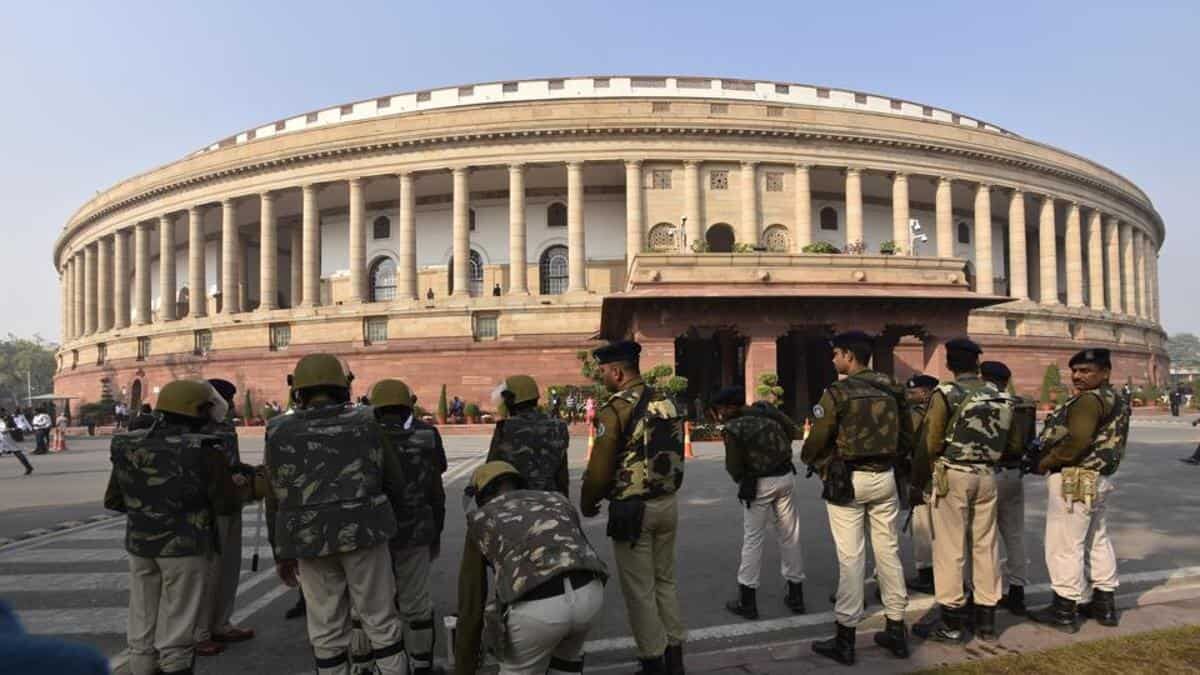United we fight

December 13 marked the completion of 20 years of the cowardly attack on the Indian Parliament. On the gloomy winter morning, five armed members of Lashkar-e-Taiba and Jaish-e-Mohammad had stormed the temple of Indian democracy — a blot that still aggrieves each Indian. The attackers were gunned down in a 30-minute operation that followed, but the damage inflicted on the dignity of the nation would not fade away anytime soon. The death of five security personnel of Delhi Police, one woman constable of the CRPF and two security assistants of Parliament is still mourned with the same intensity as it had been 20 years back — by civilians and topmost political figures alike. The commemoration of the attack each year presents us with an opportunity to take stock of the situation and assess the security apparatus for not just the Parliament but also the overall security of the nation. Further, what had been even more hurting was India's lacklustre immediate response in the form of Operation Parakram which could not elicit any concrete outcome. The Cabinet Committee for Security (CCS), attended by three defence chiefs, decided in favour of a half-hearted mobilisation that would never translate into confrontation. The mobilization lingered over a period of 10 months on account of an indecisive plan of action — resulting in the death of several hundred defence personnel. It merely took a slew of international interventions and the resultant assurance by Pakistan that it wouldn't use Pakistani soil to launch terror activities — a promise that has been flouted time and again since then — for India to pull back. India still faces the consequences of giving that 'last opportunity' to the Pakistani establishment. Another major Pak-launched terror incident came in the form of the Mumbai attack in 2008. Apart from regular infiltrations across the borders and limited confrontations that come and pass by the public glare, high-intensity occasional attacks have been continuing to haunt India — leading straight up to the latest drone attacks. Apart from the Balakot surgical strike, there haven't been tough responses from India that could teach Pakistan the right lesson. Even after the surgical strike, the death of civilians and army personnel have only increased year after year. Against the high-cost attacks like the surgical strike, terror outfits have found a way of launching low-cost attacks at a greater frequency — causing significant damage to the security apparatus and civilian lives along the borders. Apart from the continuance of these deadly skirmishes and attacks, the biggest unhealed wound of India has been that the outfits involved in the Parliament attack continue to thrive and flourish in one form or the other within Pakistan. No international sanction has proved to be significant enough to deter Pakistan's nefarious designs. More disturbingly, the geostrategic configurations have changed a great deal since the 2001 attacks. Pakistan has now found a robust partner in China which is also more or less an adversary to India. The weapon systems of the two countries have evolved significantly, meaning that direct confrontation could lead to extreme results. While India's prowess as a rising economic and military power is the last thing to be doubted upon, the country finds itself in a catch 22 situation where neither the talks are delivering desired results, nor the war is a feasible option. Amid all these, peace is elusive. The limited options that we are left with include building up international pressure and maintaining a robust monitoring and tracking apparatus for neutralising any untoward misadventure. Ever since the Parliament attack, security standards have been raised around the Parliament but terror incidents can take place randomly anywhere in the country. It is here we have been falling short. Of course, a foolproof internal defence mechanism is not possible but the unrelenting misadventure has to be checked and countered to the greatest extent possible. Any nation should not bear reckless killing of its citizens on account of hate-mongers and -perpetrators. The most crucial thing regarding setting up a robust counterterror apparatus within the country is the consensus among political parties and other segments on matters related to the global malaise of terrorism. Ruling governments should also refrain from floating political rhetoric around matters of national security as it is bound to elicit counter-response from the opposition. We shall remain united, at least against external adversaries. Commemoration of the Parliament attack should sensitise us and make us realise that only when we fight united, we will be able to defeat terrorism.



